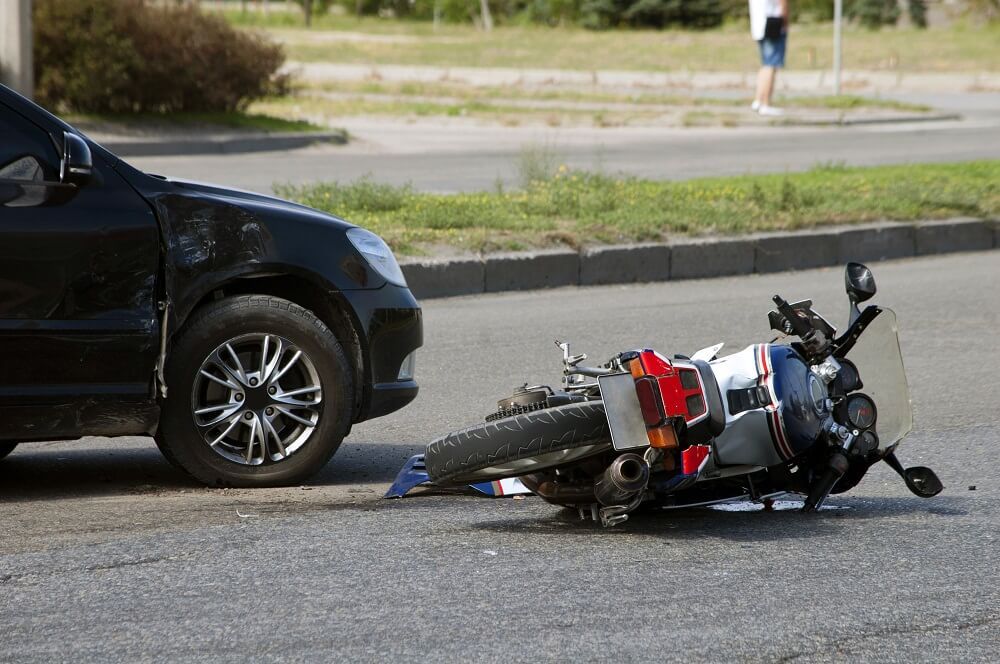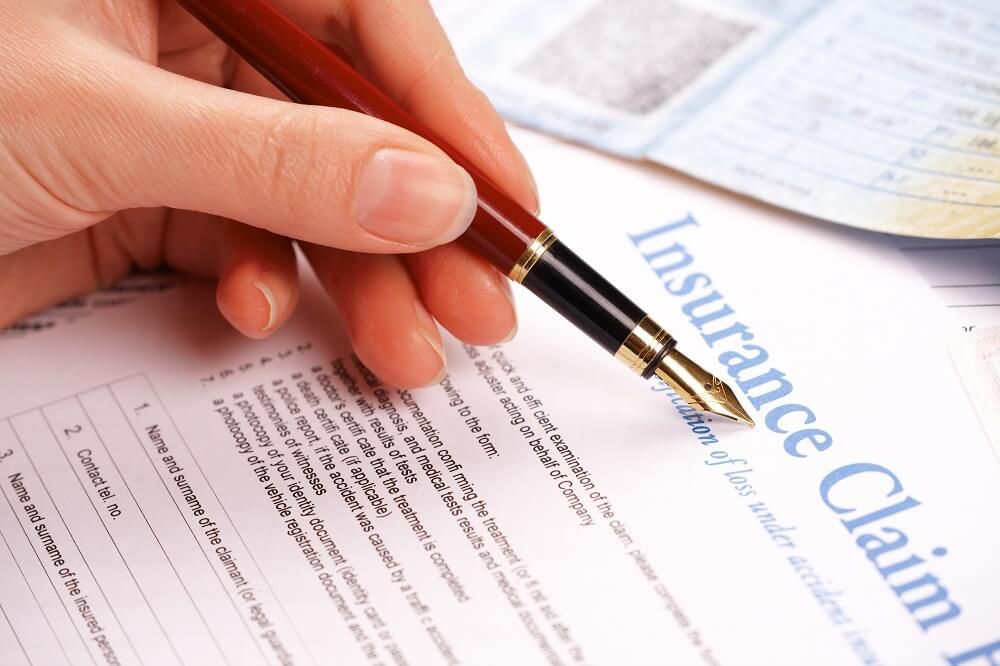How to Claim Motorcycle Insurance after an Accident
Steps to Take Immediately After a Motorcycle Accident
Ensure the safety of yourself and others involved by moving to the side of the road if possible. Activate your motorcycle's hazard lights to alert other drivers. Assess yourself for injuries before checking on any other parties. Safety at the scene is the first priority before you begin documenting the incident for your motorcycle insurance claim.

Contact emergency services by calling 911, even if the accident seems minor. A police report is an official and impartial record of the incident, which is invaluable for establishing facts when you file an insurance claim for a motorcycle accident. The responding officer will document the scene, gather statements, and may issue citations, all of which strengthen your claim.
Document everything at the accident scene while details are fresh. Take clear photographs and videos of the damage to your motorcycle and any other vehicles involved, the position of the vehicles, skid marks, road conditions, and any visible injuries. Exchange names, contact information, and insurance details with all other drivers, and collect the names and phone numbers of any witnesses.
How to File Your Motorcycle Insurance Claim
Notify your insurance company about the accident as soon as possible, as most policies require prompt reporting. You can typically start the claim process online, through a mobile app, or by calling the claims hotline number listed on your insurance card. Delaying this step can complicate or even jeopardize your ability to receive compensation.
Provide all necessary information to your insurance provider to formally open your motorcycle insurance claim. This typically includes your policy number, the date, time, and location of the accident, a clear description of how the incident occurred, the police report number, and the insurance and contact information for all other involved parties.
Review your policy to understand what is covered before you finalize the claim. Different coverages apply to different situations; collision coverage pays for damage to your bike from a crash, comprehensive covers theft or non-collision damage, and medical payments (MedPay) or personal injury protection (PIP) covers your medical bills regardless of fault.
What to Expect During the Claims Process
An insurance adjuster will be assigned to your case to investigate the motorcycle insurance claim. The adjuster's role is to determine the extent of the insurer's liability by reviewing the police report, speaking with all parties and witnesses, inspecting the vehicle damage, and analyzing any medical records. They will then calculate the value of your claim based on their findings and your policy limits.
Your motorcycle will need a damage assessment to determine the cost of repairs. Your insurer may send their own appraiser to inspect the bike or ask you to get estimates from approved repair shops. You have the legal right to choose your own mechanic, and it is wise to select a shop experienced in motorcycle repairs to ensure quality work.

Repair vs. Total Loss Motorcycle Insurance Claims
A motorcycle is declared a total loss when the cost to repair it exceeds a certain percentage of its Actual Cash Value (ACV), a threshold determined by state regulations and your insurance company. The ACV is the market value of your motorcycle right before the accident occurred, taking into account its age, mileage, and condition.
If your motorcycle is deemed a total loss, the insurance company will pay you its Actual Cash Value, minus your deductible. After the settlement is paid, the insurer typically takes possession of the damaged motorcycle. You can sometimes negotiate to keep the bike and receive a smaller settlement if you wish to repair it or sell it for salvage.
Common Reasons a Motorcycle Insurance Claim is Denied
Your motorcycle insurance claim could be denied if your policy has lapsed due to non-payment or if the specific situation is listed as an exclusion. Common exclusions include damage sustained while racing, performing stunts, or using the motorcycle for commercial delivery services. Failure to report the accident to your insurer within a reasonable time frame can also be grounds for denial.
Filing a Claim with the At-Fault Driver's Insurance
If another driver was at fault for the accident, you can file a third-party insurance claim directly against their liability insurance policy. This claim seeks compensation for your property damage and medical expenses from their insurer, which prevents you from having to pay a deductible or potentially seeing your own insurance rates increase. Your own insurance company can often guide you on how to claim insurance for a motorcycle accident through the other party's provider.
Navigating a Confused Motorcycle Insurance Situation
If you feel confused about your motorcycle insurance coverage or the claims process, start by reviewing your policy's declarations page. This document summarizes your coverages and limits. Contact your insurance agent directly to ask specific questions, and do not provide a recorded statement to any insurance adjuster until you fully understand the facts of the accident and your rights.
Consider hiring a motorcycle accident attorney if the claims process becomes complex or adversarial. An attorney is especially beneficial if you have sustained serious injuries, if fault for the accident is being disputed, if your claim has been unfairly denied, or if the settlement offer from the insurance company seems too low to cover your damages and medical bills.
